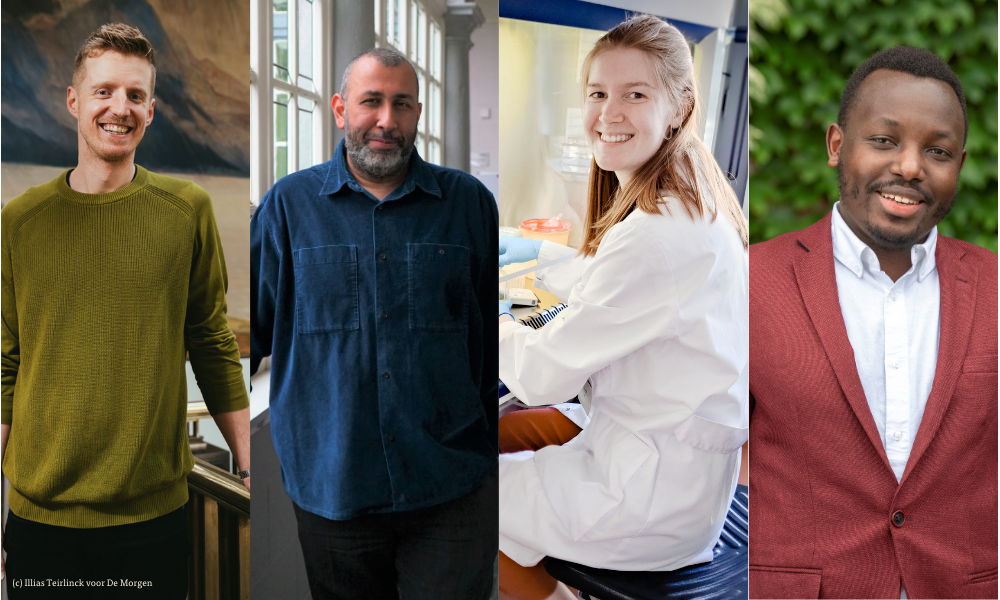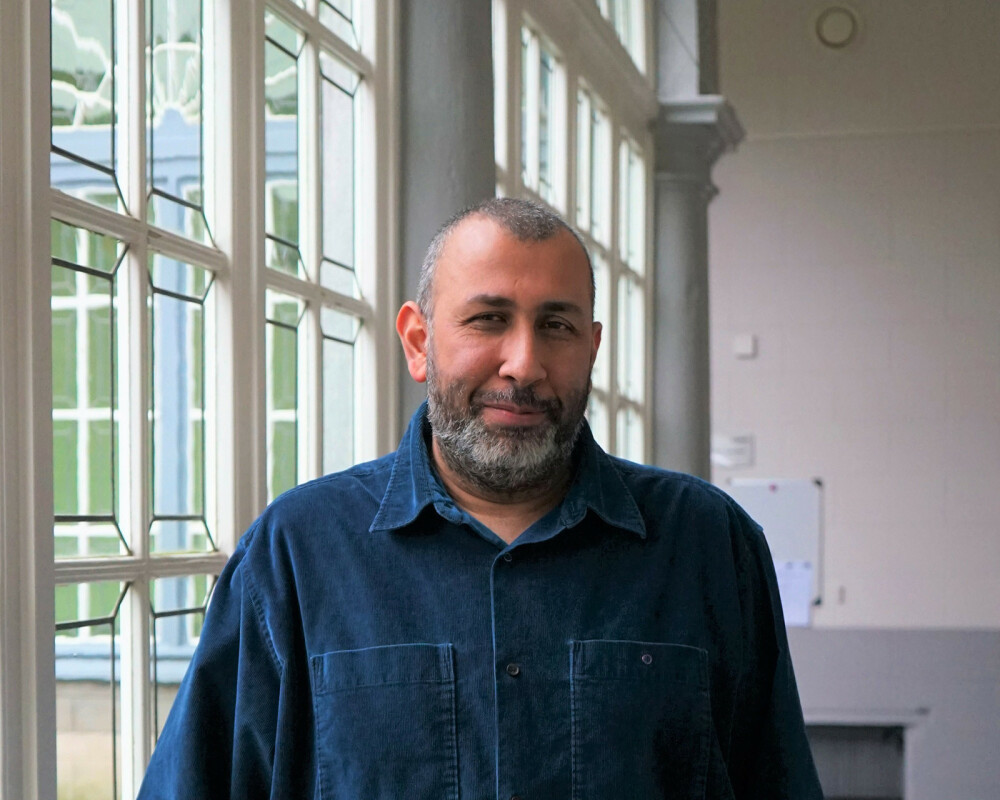Four ITM researchers awarded a competitive fellowship by the Research Foundation of Flanders

Through postdoctoral fellowships, the Research Foundation of Flanders (FWO) boosts the independent, international careers of researchers. In 2024, ITM received three FWO junior postdoctoral fellowships for three years, with Saleh Aljadeeah, Brecht Ingelbeen and Katlijn De Meulenaere successfully applying. Peter Macharia was awarded a three-year senior postdoctoral fellowship.

Katlijn De Meulenaere
Biomedical scientist Katlijn De Meulenaere from the Unit of Malariology will investigate the Plasmodium vivax parasite which is responsible for one third of the non-African malaria cases. Despite its importance, research on P vivax lags substantially, due to the lack of a long-term in vitro culture system, which has seriously obstructed progress in epigenetic research. Katlijn will explore a single-cell sequencing approach to understand the survival strategy of the parasite, with which it adapts to changing host environments.

Saleh Aljadeeah
Pharmaceutical systems are specifically mandated to ensure medicines’ availability, affordability, quality, and appropriate use. Conflicts and disasters cause the disruption of pharmaceutical systems and hamper their performance. Pharmacist Saleh Aljadeeah from the Unit of Pharmaceutical Public Health will explore the resilience of pharmaceutical systems and access to essential medicines in conflict-affected regions, through the case of antibiotics in Northern Syria. Antibiotics play a key role in the treatment and control of infectious diseases, especially relevant in the midst of conflicts and disasters. Understanding their use is crucial to combat antimicrobial resistance.

Brecht Ingelbeen
In low-resource settings, bacterial antimicrobial resistance (AMR) is exacerbated by limited access to safe water, sanitation and hygiene, resulting in frequent community-acquired colonisation of gut and skin with resistant bacteria. AMR control interventions should target proven sources of transmission with AMR bacteria in and around households. Brecht Ingelbeen from the Unit of Emerging Infectious Diseases proposed to identify household sources of resistant bacteria, investigate how behaviour determines exposure to sources of resistant bacteria, and estimate the effect changing population-level antibiotic patterns have on AMR bacterial infections.

Peter Macharia
Sub-Saharan African countries have the highest maternal mortality ratios globally, which is due to obstacles that make women vulnerable: environmental (pollution, climate change), socio-demographic (poverty, lack of education), disease burden, poor access to and low-quality healthcare, suboptimal health-seeking, and dysfunctional health systems. By using satellite imagery, national household surveys, and socio-demographic data, spatial epidemiologist Peter Macharia from the Unit of Reproductive and Maternal Health will examine over 30 factors associated with maternal health across 20 sub-Saharan African cities and construct a maternal health vulnerability index to identify areas with concurrent disadvantages.
The fellows’ mandate begins in October 2024. The deadline of the new call of FWO postdoctoral fellowships is 1 December.
Spread the word! Share this story on









